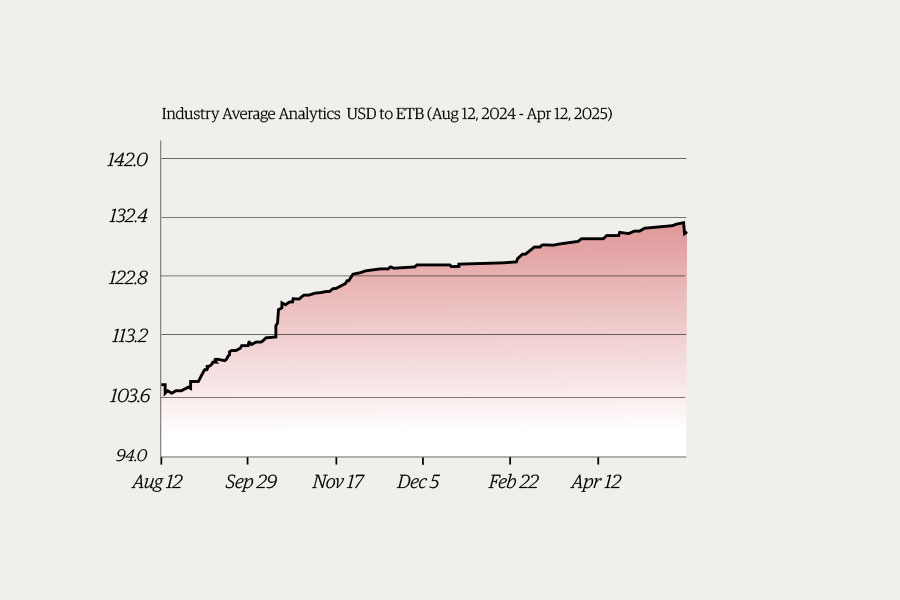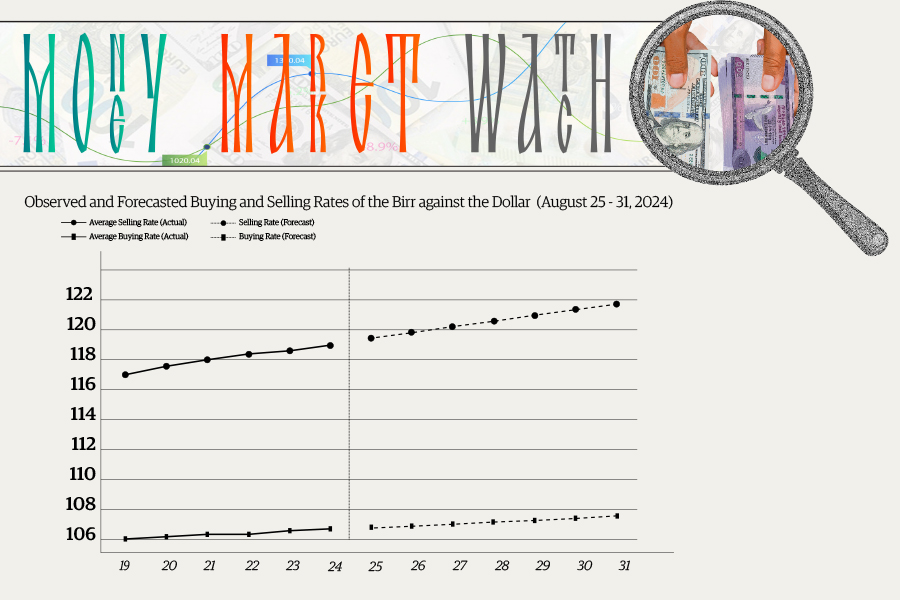
Featured | Sep 10,2021
Jul 13 , 2019
By Tibebu Bekele
They say change is inevitable. So is resistance to change.
Whenever societies go through transformational change, there is a natural upheaval. That is to be expected. Sometimes, leaders that are at the front of the transition leading the march forward may feel frustrated due to a lack of appreciation. That is not all. They may completely fail to see how anyone can oppose the good vision that they are trying to implement. They think of all the sacrifices they and their families are making and all the hard work they are putting in. But when they look up and expect appreciation, getting criticised or, even worse, sabotaged throws them off guard.
That often becomes a crossroad moment that determines the future direction of a changeed agenda. The pattern in change management usually goes through stages of reform and then resistance. At that point there comes a fork in the road. A lot of initiatives for change, unfortunately, end up in relapse. It is so easy to fall for the pull of the familiar. The default setting for most human beings is the comfort of the status quo, while it is so hard to fight through resistance in the hope of rebirth. Thus, the saying goes “better the devil you know than an angel you do not.”
In a research paper called “Resistance to Reform,” Raquel Fernandez and Dani Rodrik tried to find out why governments fail to adopt efficiency-enhancing policy changes. Their finding shows that “there is bias toward the status quo (and hence against efficiency-enhancing reforms) whenever (some of) the individual gainers and losers from reform cannot be identified beforehand.” They further found that some efficiency-enhancing reforms will actually receive broad political support once implemented.
Therefore, in one sense, resistance is not personal. That is, it is not personal toward the leaders of reform. At least, leaders should not take it that way. On another, it is all personal as people are weighing what they stand for gain or lose, from the change. But the key finding is that uncertainty pushes most people to choose the status quo against change.
This instinct to fall back on the old and the familiar is also seen in leaders. When things get tough and robust resistance is experienced, leaders who started with great hope and expectation get tempted to fall back on the old ways of securing their power.
Even though challenges and resistance to the reform started about a year ago, events in the last few weeks have been exceptionally difficult. It has been a test of character to everyone. Though some are doing better than others, there are not many that have remained unscathed. There seems to be hardly anyone that will come out with their reputation intact.
A population that has lived quietly under onerous opperssion has shown to lack responsible restraint when finding an opening. Political leaders and activists have squandered the chance to raise their game when the playing field has been relatively level. Most have proven to be one trick ponies, getting lost in the absence of confrontation. But the most alarming thing is the top leadership and the government showing that old habits die hard by seeming to relapse to old patterns of repression and the curbing of freedoms under the veil of enforcing law and order.
No sane person will argue against the need for enforcement of law and order in Ethiopia today. But it needs to be done under the law. The false narrative that the choice is between anarchy or authoritarianism is outdated. If the reform is to pull through to rebirth, instead of relapsing, the government has to recommit itself to the protection of human rights and individual freedom of expression. As Ben Franklin said, “Those who would give up essential liberty, to purchase a little temporary safety, deserve neither liberty nor safety.”
PUBLISHED ON
Jul 13,2019 [ VOL
20 , NO
1002]


Featured | Sep 10,2021

My Opinion | Jul 22,2023

Editorial | Jul 13,2020

Fortune News | Sep 01,2024

Money Market Watch | May 31,2025

Money Market Watch | Aug 25,2024

Viewpoints | Jul 12,2025

Viewpoints | May 21,2022

Editorial | May 31,2020

Featured | May 23,2020

Photo Gallery | 176020 Views | May 06,2019

Photo Gallery | 166234 Views | Apr 26,2019

Photo Gallery | 156662 Views | Oct 06,2021

My Opinion | 136867 Views | Aug 14,2021

Dec 22 , 2024 . By TIZITA SHEWAFERAW
Charged with transforming colossal state-owned enterprises into modern and competitiv...

Aug 18 , 2024 . By AKSAH ITALO
Although predictable Yonas Zerihun's job in the ride-hailing service is not immune to...

Jul 28 , 2024 . By TIZITA SHEWAFERAW
Unhabitual, perhaps too many, Samuel Gebreyohannes, 38, used to occasionally enjoy a couple of beers at breakfast. However, he recently swit...

Jul 13 , 2024 . By AKSAH ITALO
Investors who rely on tractors, trucks, and field vehicles for commuting, transporting commodities, and f...

Oct 18 , 2025
The political establishment, notably the ruling party and its top brass, has become p...

Oct 11 , 2025
Ladislas Farago, a roving Associated Press (AP) correspondent, arrived in Ethiopia in...

Oct 4 , 2025
Eyob Tekalegn (PhD) had been in the Governor's chair for only weeks when, on Septembe...

Sep 27 , 2025
Four years into an experiment with “shock therapy” in education, the national moo...

Oct 18 , 2025 . By NAHOM AYELE
In a sweeping reform that upends nearly a decade of uniform health insurance contribu...

A bill that could transform the nutritional state sits in a limbo, even as the countr...

Oct 18 , 2025 . By SURAFEL MULUGETA
A long-planned directive to curb carbon emissions from fossil-fuel-powered vehicles h...

Oct 18 , 2025 . By BEZAWIT HULUAGER
Transaction advisors working with companies that hold over a quarter of a billion Bir...